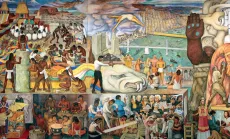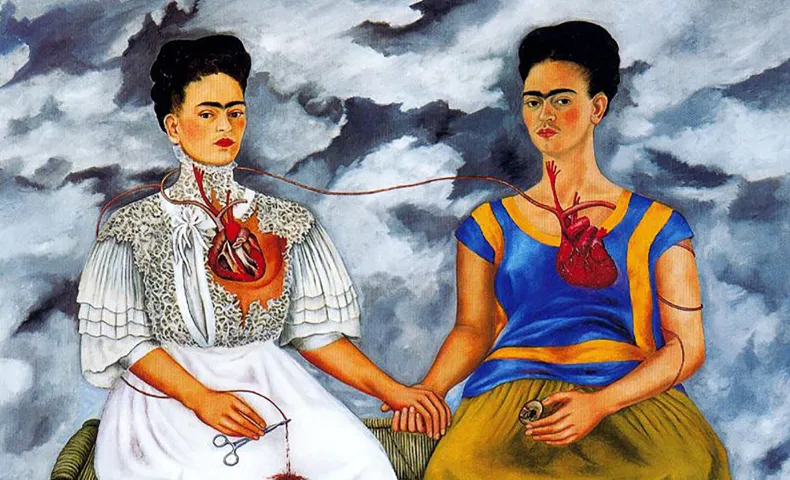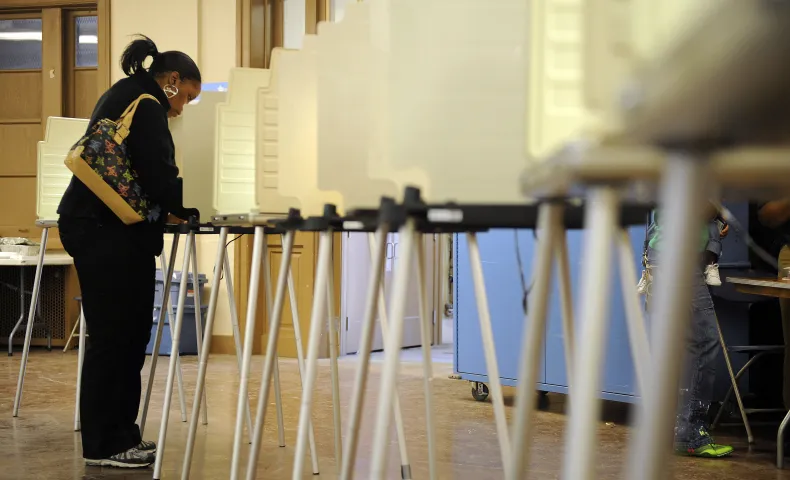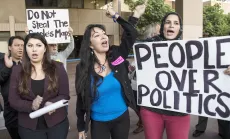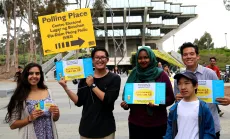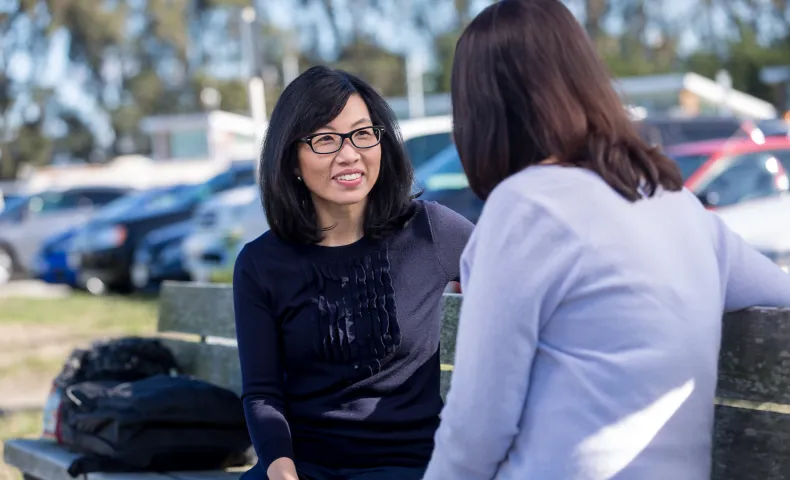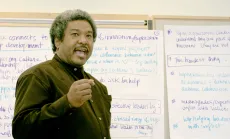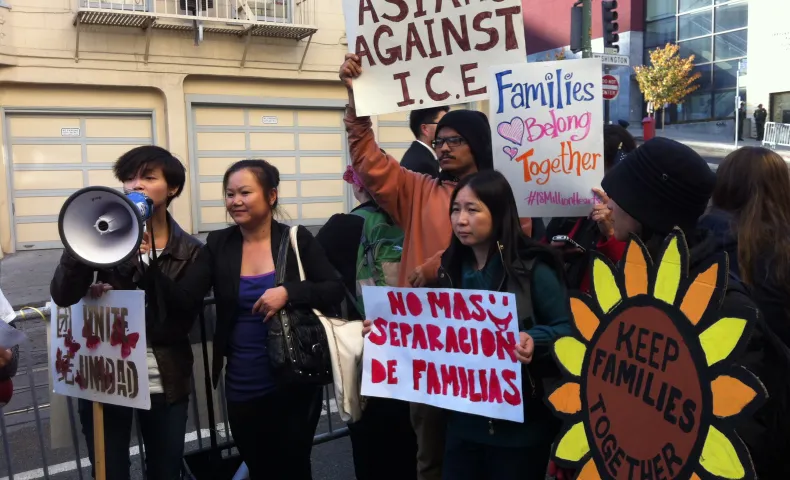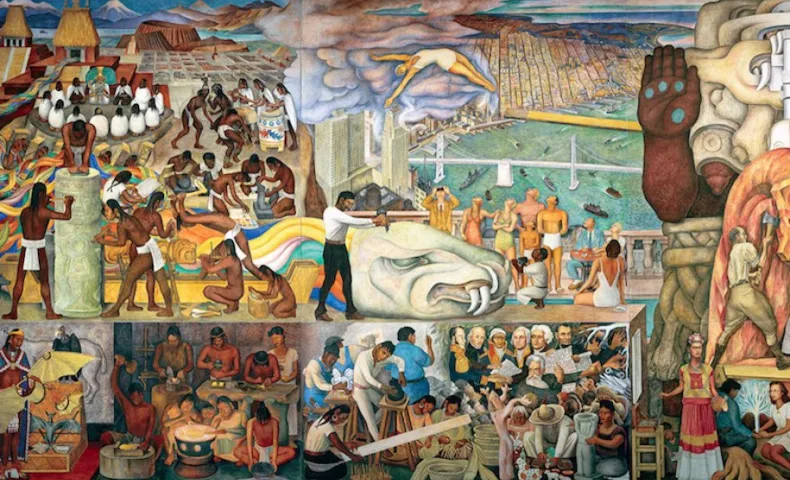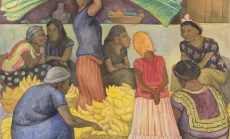Democracy in America is in a precarious state. The deadly attack on the U.S. Capitol on January 6, 2021 served as a clarion call for authoritarians to use anti-democratic tools to consolidate power by ramping up restrictions on voting rights, undermining the courts, gerrymandering districts and resisting the actualization of a multiracial democracy. Since the attack, 18 states have passed 34 restrictive voting bills, which often have a disproportionately negative effect on voters of color. As our democracy backslides and becomes less representative, powerful, wealthy interests are seizing more influence, and confidence in our institutions continues to erode.
Bucking the trend, the City of Oakland is experimenting with an idea that might serve to strengthen participation, representation and racial justice. Oakland’s Rx for our ailing democracy? A “Democracy Dollars” initiative that provides residents with vouchers they can use to direct publicly funded contributions to the candidates of their choice. By giving more power to the people to finance campaigns, it’s a creative and effective response to the domination of our elections and our politics by monied interests.
Growing political inequity
For decades, the Supreme Court has chipped away at laws designed to limit the corrupting influence of political donations. That effort culminated in the infamous 2010 case Citizens United v. Federal Election Commission, which eliminated caps on independent political spending by corporations and unions, as long as the donations do not go directly to a candidate. This has led to more influence for a small number of powerful interests, including wealthy mega-donors, whose giving to independent “super PACs” has surged since that decision.
It’s no wonder trust in government is at historic lows, and polls consistently show a large majority of Americans think that government is corrupt. Most Americans believe our political systems only work for insiders with money and power—and people aren’t wrong to suspect things will get even worse.
Putting so much power in the hands of so few reinforces racial bias in our politics, because candidates prioritize the interests of their donors, who are more likely to be wealthy and white, while the needs of voters of color are left behind.
Philanthropy’s ability to understand these forces and coordinate strategic grantmaking in response will be a critical factor in determining how our democracy fares and how we can turn the tide to build a more inclusive democracy. It’s time for our field to do more to counter the corrosive role of big money in American politics.
An opportunity for change in Oakland
The flood of money from special interests and the wealthy does not just occur in national elections. In Oakland, for example, spending by wealthy individuals and special interests is having a massive impact on local elections. A recent study looked at spending on local elections in Oakland from 2014 to 2020 and found:
- Only half of fundraising came from Oakland residents.
- The three majority-white zip codes in Oakland were responsible for 45% of the contributions from Oakland residents, while comprising just 21% of the city’s population.
- The four Oakland zip codes that were at least 75% people of color were responsible for just 16% of the money from Oakland donors while containing 40% of Oakland’s population.
- Donors giving less than $100 provided just 6% of all candidate funding.
The outsized influence of the wealthy was also confirmed in a study conducted for the Oakland Public Ethics Commission, which found that wealthy donors have more access to and influence over elected officials in the city.
So what can be done to reduce the influence of big money and shift power back to the people? The Fair Elections Oakland coalition, composed of grassroots power-building organizations and long-time democracy reform experts, feels it has found an answer in “Democracy Dollars.” Our foundations and other funding partners are providing support to Fair Elections Oakland to help them build out this idea.
Democracy Dollars are a model of public financing of elections that has been piloted in Seattle since 2017. There, the program works by offering adult residents four $25 vouchers that they can give to any qualified municipal candidate of their choice. The program turns every resident into a potential donor and makes every household, even those that don’t vote, worth engaging. Just a few cycles into this experiment, Seattle has already significantly increased the number of small donors contributing to local elections. The program is credited with changing the way candidates run their campaigns, removing barriers to who can run for office and who donates to elections, expanding whose voices are listened to and, in turn, improving voter turnout.
A recent survey of Oakland voters found that many residents don’t donate to local political campaigns because they simply can’t afford to. As a result, their households are often ignored by candidate campaigns. Implementing a Democracy Dollars program in Oakland can dramatically change that dynamic. By making all residents potential donors, the program can reduce the influence of wealthy interests and amplify the voices of people of color and low-income Oaklanders.
That’s exactly what is happening in Seattle. In 2017, Councilmember Teresa Mosqueda became the first city council candidate to run and win using Democracy Dollars. Mosqueda was a union advocate before she ran for office. As someone who was renting and still paying off her college debt, she never thought she could be a candidate for public office. But when Seattle launched the program, she realized she didn’t need a rolodex of wealthy donors; instead of dialing for dollars, she could meet constituents and organize. Mosqueda ultimately won her seat and remains a champion for the community on the council.
At the Haas, Jr. Fund and Piper Fund, we see the potential for this system to help grassroots organizations build community power. Democracy Dollars are a proven opportunity to increase representation by leveling the playing field for new, community-connected candidates to effectively run for elected office. We see promise in those candidates being accountable to more residents, and not just the small number of wealthy donors in elite zip codes or billionaires in other cities and states. And finally, we see how a system like this can help restore confidence in elected leaders and democracy at all levels.
Democracy Dollars is an example of powerful 501(c)(3) support funders can deploy to protect democracy at the local level. To ensure successful implementation, urgent work is required to build a bigger, stronger and engaged coalition, deepen policy research, develop a communications strategy, poll voters, and educate them to take action. As we just saw in the California primary election, the lower the voter turnout, the more unrepresentative the electorate and the lower the chance of policies reflecting the needs of voters of color. Philanthropy is a critical partner to provide support in building out and strengthening coalitions like Fair Elections Oakland. And once we get past the election, further resources will be needed to monitor implementation and make sure the program is a success and becomes a model for the state and country.
In a time of great (and merited) cynicism about money in our politics, Democracy Dollars are a reason for optimism. We urge our colleagues in philanthropy to support the important and innovative democracy work happening on the ground in communities like Oakland—because every voice should count, not just those with big money behind them. To learn more about this effort and how to get involved, please reach out to us at Raul@haasjr.org and TMendoza@proteusfund.org.
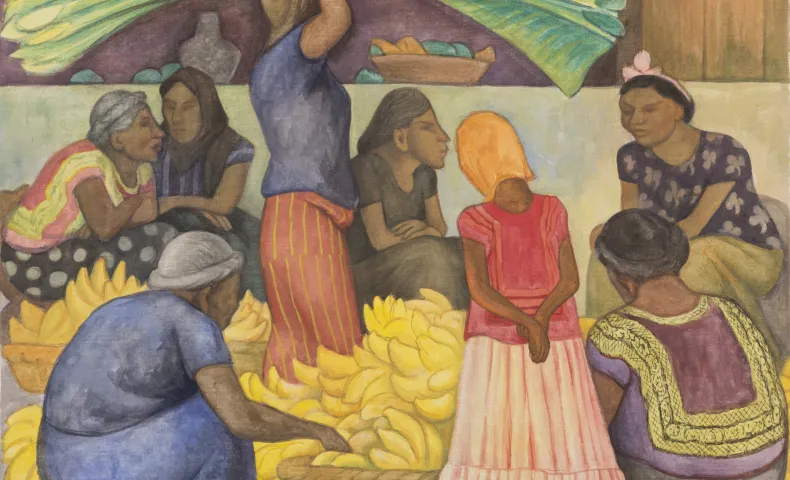 2022 Banco de México Diego Rivera & Frida Kahlo Museums Trust, Mexico, D.F.
2022 Banco de México Diego Rivera & Frida Kahlo Museums Trust, Mexico, D.F. 